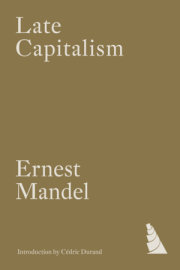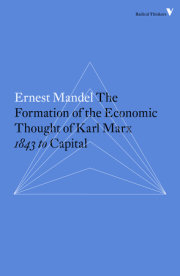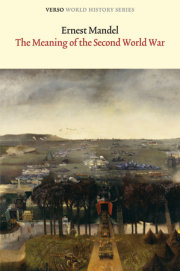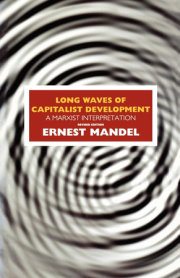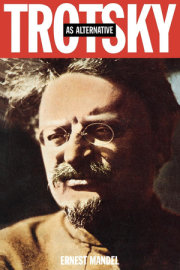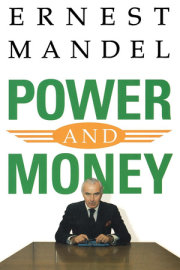Introduction: Scrutinizing Capital with One’s Eyes Wide Open
Introduction (1975 edition)
1. The Laws of Motion and the History of Capital
2. The Structure of the Capitalist World Market
3. The Three Main Sources of Surplus-Profit in the Development of Modern Capitalism
4. ‘Long Waves’ in the History of Capitalism
5. Valorization of Capital, Class Struggle and the Rate of Surplus-Value in Late Capitalism
6. The Specific Nature of the Third Technological Revolution
7. The Reduction of the Turnover-Time of Fixed Capital
8. The Acceleration of Technological Innovation
9. The Permanent Arms Economy and Late Capitalism
10. The International Concentration and Centralization of Capital
11. Neo-Colonialism and Unequal Exchange
12. The Expansion of the Services Sector, the ‘Consumer Society’, and the Realization of Surplus-Value
13. Permanent Inflation
14. The Industrial Cycle in Late Capitalism
15. The State in the Age of Late Capitalism
16. Ideology in the Age of Late Capitalism
17. Late Capitalism as a Whole
18. The Crisis of Capitalist Relations of Production
Glossary
Index


